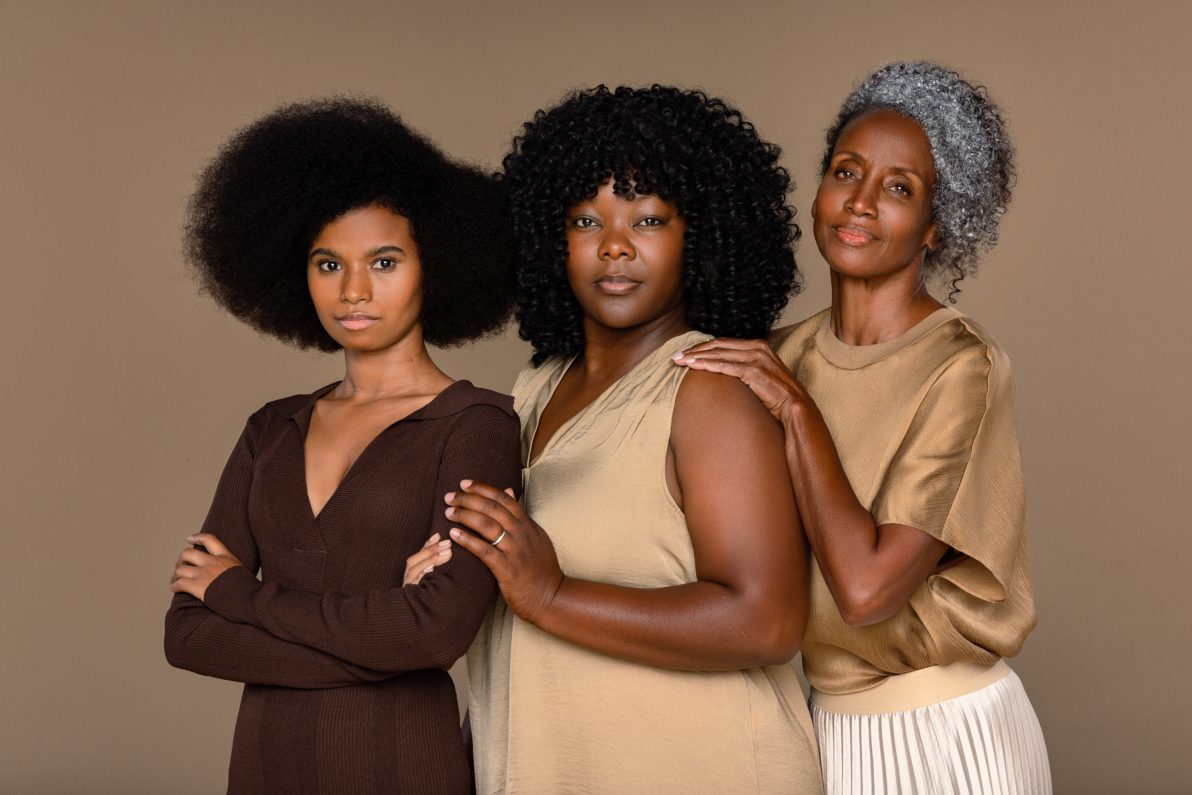Texturism much like colorism is an ever-present issue in the Black community. Causing many Black women to feel insecure about the texture of their hair. As more than often looser textured hair types are praised over tighter curls or coils.
What is Texturism?
Texturism has persisted for centuries in the Black community and is a part of many of the eurocentric beauty standards pushed on Black people. As described by Forbes, “Texturism can be thought of as the discrimination faced by those with coarser and more Afro-textured hair. Texturism is based on the premise that hair textures closer to white are more acceptable.”
In the media, we’ve seen the stronghold that texturism has had on the Black community from the hate that Blue Ivy received as a small child to the criticism of former gymnast Gabby Douglas.
How The 1A-4C Hair Scale Perpetuates Texurism
The texture scale was created by Oprah Winfrey’s hairdresser Andre Walker in the 1990s to help with the launch of his haircare line. Many believe that though the hair scale is helpful it also can be the cause of the alienation of those in the 4a-4c range as they are placed at the end of the scale.
The controversy of the hair scale was further continued when in 2011 Walker was interviewed by ELLE magazine in which made a texurist remarks regarding kinky hair types.
@abarbielife #greenscreen #fyp #foryoupage #colorism #racism #lightskin #darkskin #colorist #racist #lightskinwomen #darkskinwomen #allshadesarebeautiful #blacktiktok #blackpeople #whitepeople #blacklivesmatter #blackcommunitytiktok #africantiktok #tv #film #thisneedstostop #thisneedstobeviral #makethisviral #blowthisup #makemefamous #stayinformed #goviral #foryou
“Kinky hair can have limited styling options; that’s the only hair type that I suggest altering with professional relaxing, he says in the interview.
Many in the natural hair community saw this as encouraging the longstanding negative connotation against coarser hair types and that helped to perpetuate texturism.
Why Texturism Presists Despite the Natural Hair Movement
Though the natural hair movement prides itself on uplifting natural hair types that’s not necessarily what happens. This can be showcased in fact that many in salons or within the hairbraiding scene Black women with coarser hair types are charged an extra fee due to the supposed extra time it takes for their hair to be done. Meanwhile a hairdressers across the board will have a requirement were you come with pre-steightned hair. Making the salon, which many Black women see as safe heaven, instead a place of judgement. Where the thicker or more coiled your hair is the more you are made to feel inferior.
This is why texturism won’t end in the Black community until we learn to give praise to all hair types, without any stipulation.
